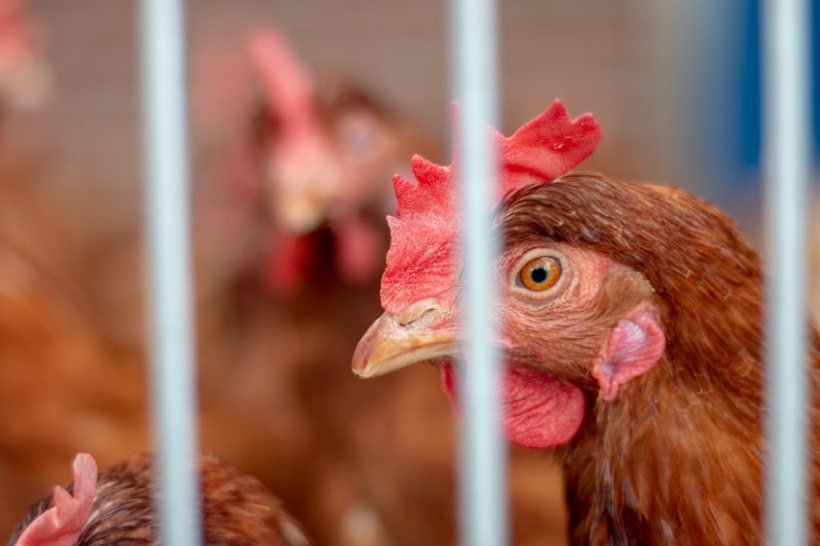
A new case of highly-pathogenic bird flu has been confirmed in backyard poultry on a Devon farm, with all affected by the disease to be culled.
Avian influenza of the H5N1 subtype was confirmed on Friday (5 August) at a premises near Ashburton, Teignbridge, Devon.
The latest discovery makes it England's 106th case of the virus since the start of this year's avian influenza crisis, which began in late October 2021.
The disease was discovered in poultry, Defra said in an online update. A cull has been ordered.
A 3km Protection Zone and 10km Surveillance Zone has also been enacted around the site.
Defra said: "The Avian Influenza Prevention Zone (AIPZ) remains in force across Great Britain until further notice, with only the housing measures component being lifted.
"This means, while birds are allowed to range outside, if you keep birds you must continue to take effective and precautionary biosecurity measures until further notice."
Defra added: "While the risk levels have reduced infection may still be present in the environment."
It comes as a major research consortium convened last month to help combat this winter's outbreak of avian flu, which has been the largest and longest ever in the UK.
The group is comprised of eight of the country's top scientific organisations, including the Royal Veterinary College (RVC), APHA, the Pirbright Institute and the Roslin Institute.
The consortium was awarded £1.5 million of government funding to bolster research projects and develop new strategies to effectively tackle future outbreaks.
The UK’s chief veterinary officer Christine Middlemiss welcomed the new consortium: "[It] will allow us to combine our expertise at a national level to increase the speed and quality of our research, ensuring we can develop new strategies to aid our efforts against this insidious disease."
